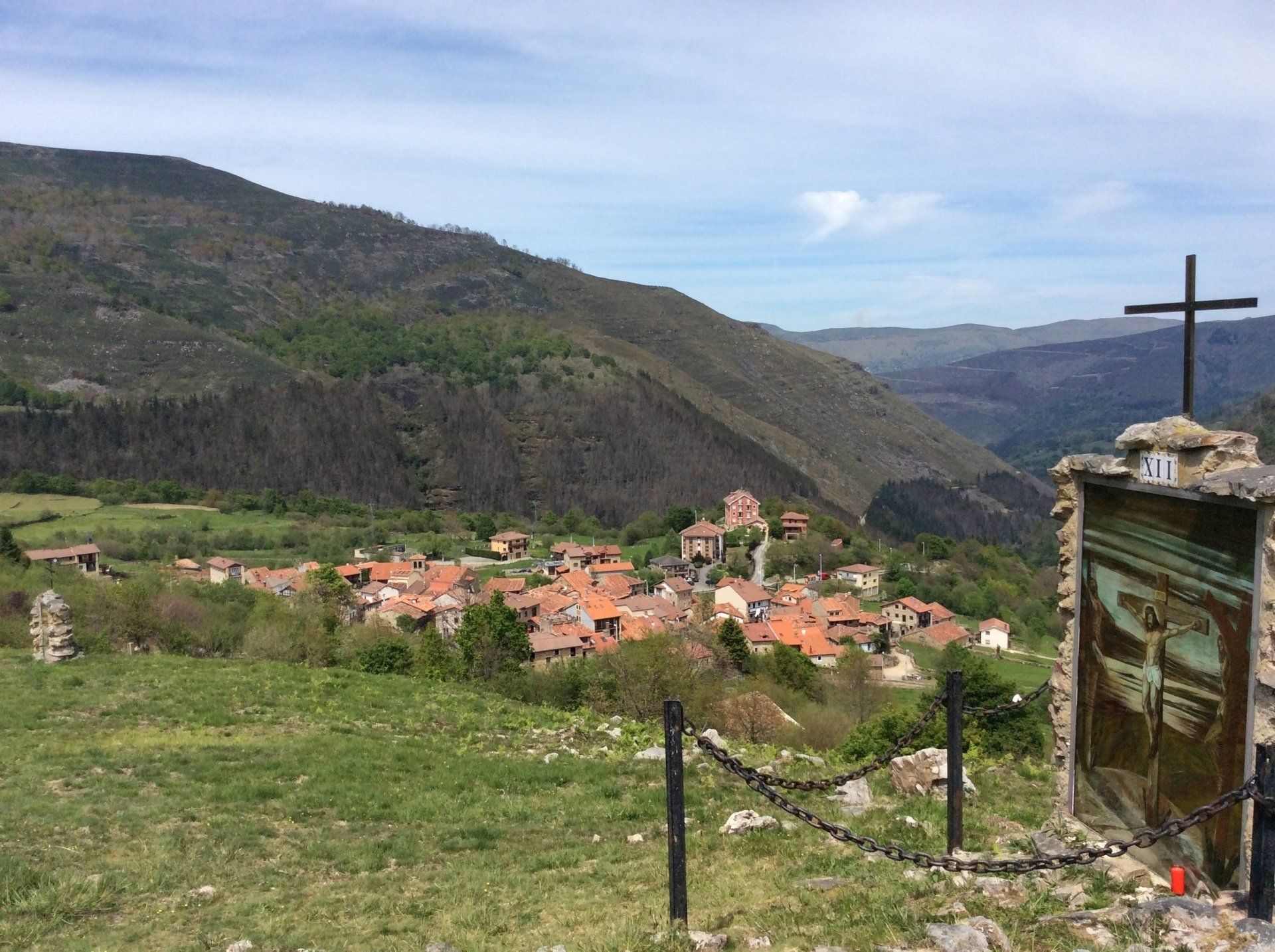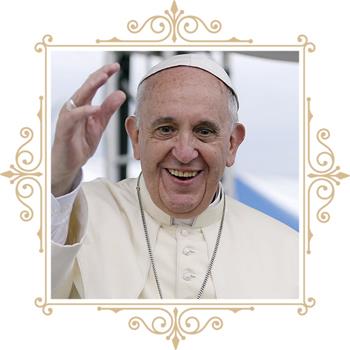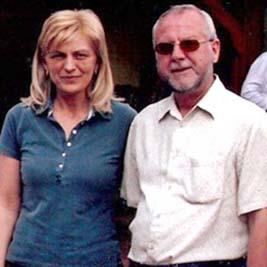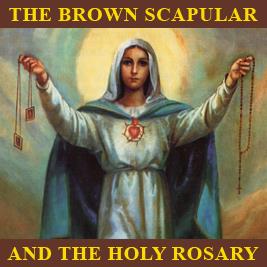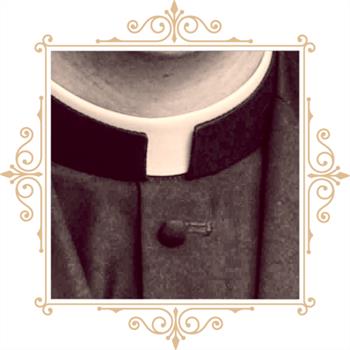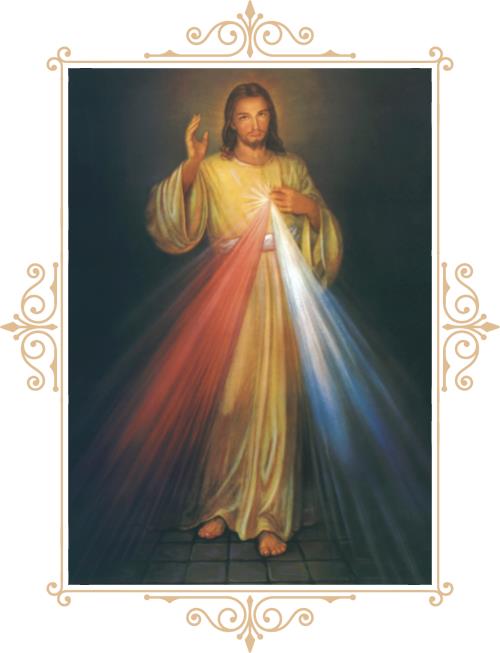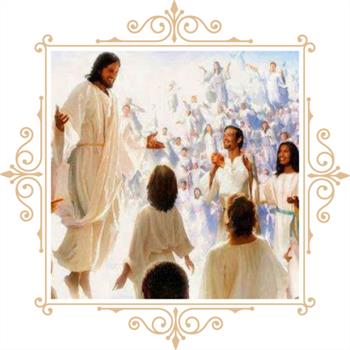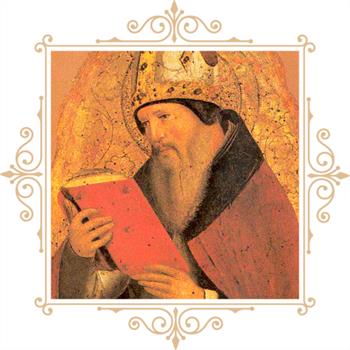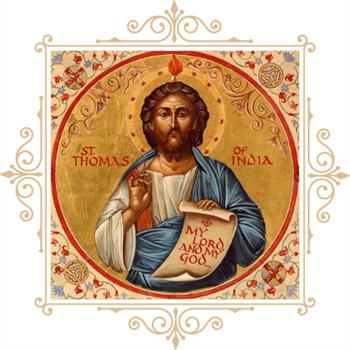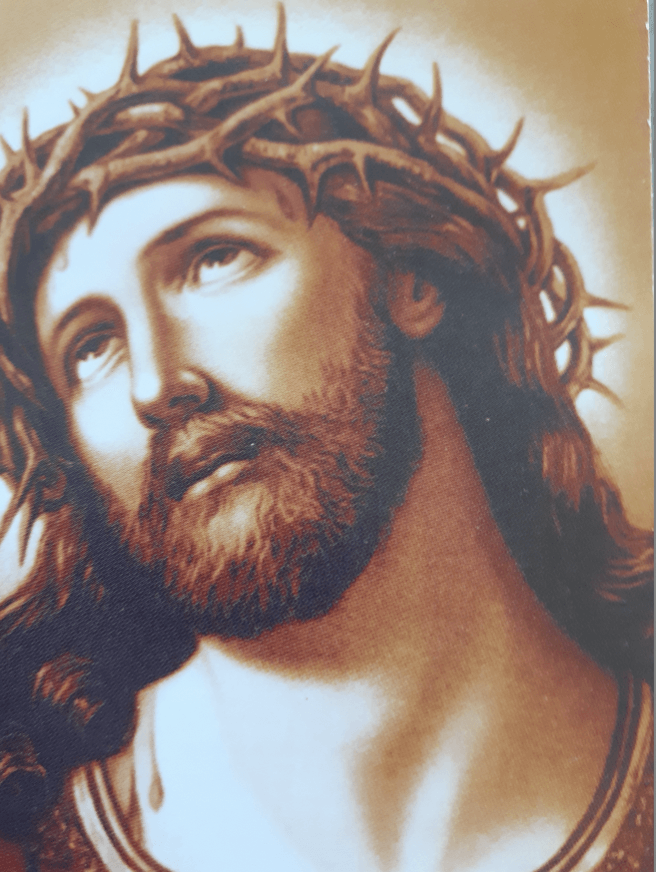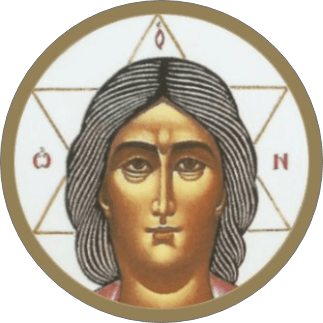CLERICAL APATHY TOWARDS THE DIVINE MERCY
Why do so many priests still not believe in the Devotion
to the Divine Mercy or Divine Mercy Sunday?
For those who still turn a deaf ear to these revelations for our time, I have heard the excuse put forward that the life of the Church has always been about devotion to the Mercy of God, so why do we need a new devotion about the same thing?
It is clear that mankind has failed to listen to God and many have turned their back on Him. This whole world is on the precipice of Divine intervention and chastisement. This is why Jesus is urgently appealing to us and has given an extraordinary message revealed through St. Maria Faustina Kowalska, with promises to attract modern people back to their Faith and the Father.
Many priests still maintain that the Feast of Divine Mercy should not take place within the Octave of Easter. Their opinion being that Divine Mercy devotions are private revelations which conflict with the Churches Liturgy during Easter. Those who still hold this opinion do not understand the true nature of the Divine Mercy Message or the actual status of the Feast of Divine Mercy since the canonisation of Saint Faustina.
Firstly, the Feast of Mercy is not a private devotion but a public Feast Day formally established by Pope John Paul II with the approval of three Vatican Congregations on the 5th May 2000. This decree clearly states that Divine Mercy Sunday will be celebrated in St. Peters Square as an official Feast Day for the first time on Sunday 22nd April 2001.
Secondly, on the question of conflict with the Churches Liturgy during Easter, the answer is that Jesus chose this day because it is already a day of celebration of His Divine Mercy and so, does not conflict with the Liturgy of the Day. The Scripture lessons on this Sunday centre on God’s Divine Mercy. The Gospel account is of Jesus appearing in the upper room and bestowing authority to forgive sins. The Responsorial Psalm is taken from Psalm 118 which sings of the Mercy of God enduring forever.
In the Divine Mercy image itself we have a picture of the Risen Christ pointing to his heart that has been pierced out of which flows the precious Blood representing the Eucharist and the water representing the washing away of sin through confession, with the Lord also significantly raising His right hand in blessing. It is a celebration of the Sacraments that Jesus has just instituted through his Passion, Death and Resurrection.
Thirdly, Divine Mercy Sunday is not a new Feast Day but is the renewal of an ancient one practised in the early Church that celebrates Christ rising from the dead and thereby bringing everlasting life. In the early church the newly baptized, newly born in Christ, wore white robes until the Sunday in White (Dominica in Albis) the octave day of Easter, symbolizing their innocence. The Feast of Mercy once again celebrates the white innocence we receive by the Covenant of Mercy.
St. Augustine calls these days "days of mercy and pardon" (#156, Dominica in Albis) and the Sunday "the compendium of the days of mercy." And then, referring to the setting aside of the white robes, he warns, "Let not our interior purity be lessened as we set aside its exterior symbols." (Source: click here Theology of the Feast )
In the earliest liturgical document in existence, 'The Apostolic Constitutions', St. Thomas the Apostle writes ' After eight days (following the feast of Easter) let there be another feast observed with honour, the eighth day itself on which he gave me, Thomas, who was hard of belief, full assurance, by showing me the print of the nails, and the wound made in His side by the spear'. (For source click here Apostolic Constitutions Book V Chapter XIX )
On Divine Mercy Sunday Catholics can receive the Greatest Indulgence that Christ has given to the Church to offer to His people
If we go to Confession and Communion on this day we not only receive the forgiveness of all our sins but also the forgiveness of all the punishment those sins may have incurred due to Divine Justice. This Great Indulgence is only available once a year, on Divine Mercy Sunday.
It is vital we all take advantage of this time of Mercy to wipe our immortal souls spotlessly clean so we can obtain the Blessed Homeland of Heaven. On this Great Feast Day we receive The Spirit of Divine Mercy which heals the wounds of the human heart and brings down the barriers that separate us from God. The Spirit dispels the distrust that separates us from one another and reunites us with the Father's love. This my friends is Divine Mercy in our souls. We must never miss this feast.
Jesus said to St. Faustina
"He who refuses to pass through the door of My mercy must pass through the door of My justice". (Diary entry no. 1146)
Philip Illsley
